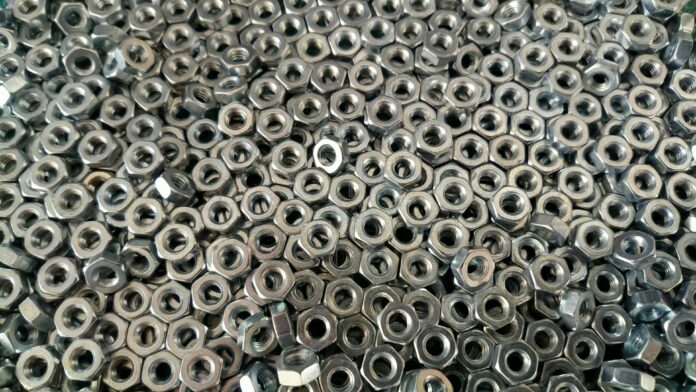Human civilization has been using metal since it is a versatile material. Metal has always been an essential part of life, from prehistoric implements to contemporary electronics. This article will look at five typical applications for metal, highlighting its value in a variety of fields and settings.
1. Construction and Infrastructure
Building and improving infrastructure is one of the most essential applications for metal. Steel, in particular, is a crucial component that must be present to meet the requirements for the construction of sturdy structures such as bridges, skyscrapers, and residential buildings. It is a fantastic choice for withstanding large weights because it possesses a high tensile strength and the ability to survive adverse weather conditions. Furthermore, metals such as aluminum are utilized in roofing, window frames, and exterior cladding because of their low weight and resistance to corrosion. Aluminum is also used in the production of window frames.
2. Transportation
Metal is an essential component in the transportation industry, where it is utilized widely in the production of automobiles, airplanes, trains, and ships, among other types of transportation conveyance. Because of its strength and resistance to impact, steel is frequently used to construct automobile chassis, engine components, and body panels. Additionally, aluminum is chosen to manufacture airplanes due to its lightweight qualities, which allows it to reduce fuel consumption while simultaneously improving performance. In addition, copper and a variety of alloys are utilized in the electrical wiring and conductors of cars, which guarantees the effective distribution of power.
3. Manufacturing and Machining
The manufacturing of a wide range of items by businesses that specialize in the fabrication and machining of metals requires the utilization of metals such as steel, aluminum, and copper. These metals are vital to the production process. A variety of processes, including cutting, bending, welding, and casting, are utilized in the production of these metal components. Components made of metal are required for items such as machine parts, tools, home appliances, and consumer electronics. You can easily get metal from reputable metal suppliers, which will assist you in manufacturing and other operations. In addition to providing raw materials to these enterprises, suppliers can maintain a continuous supply chain for industrial activity. Both of these tasks are incredibly important.
4. Energy Generation and Distribution
Metals play an essential role in the energy industry, both in terms of the generation of electricity and the distribution of that electricity across power grids. Nuclear power plants, coal-fired power plants, and renewable energy facilities are all examples of power plants that make use of steel in their construction. In addition, copper is widely used in electrical wiring and transmission lines because of its exceptional conductivity capabilities, which help to reduce the amount of energy that is lost during transmission. Furthermore, metals such as nickel and cobalt are vital components in rechargeable batteries, which are utilized in electric vehicles and systems that store renewable energy.
5. Packaging and Consumer Goods
Metal packaging is widely used to preserve food, beverages, and other consumer goods due to its durability, recyclability, and ability to provide a barrier against moisture, oxygen, and light. The transportation industry also makes use of metal packaging. Examples of common types of metal packaging that are utilized in the food industry include cans made of aluminum for beverages, cans made of steel for canned foodstuffs, and lids made of metal for jars. All of these cans are suitable for use in the food industry. Metals such as titanium and stainless steel are also utilized in the manufacturing process of consumer goods that are designed to survive for an extended period and be sturdy. Jewelry, kitchen utensils, and home appliances are all examples of these types of products.
Conclusion
Metal is a fundamental material used in many different sectors and uses, from manufacturing and energy production to transportation and building. Because of its strength, adaptability, and capacity to be recycled, it is a vital resource for contemporary society. Suppliers are essential to maintaining a consistent raw material supply to satisfy the various demands of the global industry. The need for metals is predicted to increase as technology develops, highlighting its importance in forming our world.


I am a passionate blogger and developer sharing business tips. I Help others solve programming problems on various online forums.
You must follow these marketing tactics to promote your business online.























